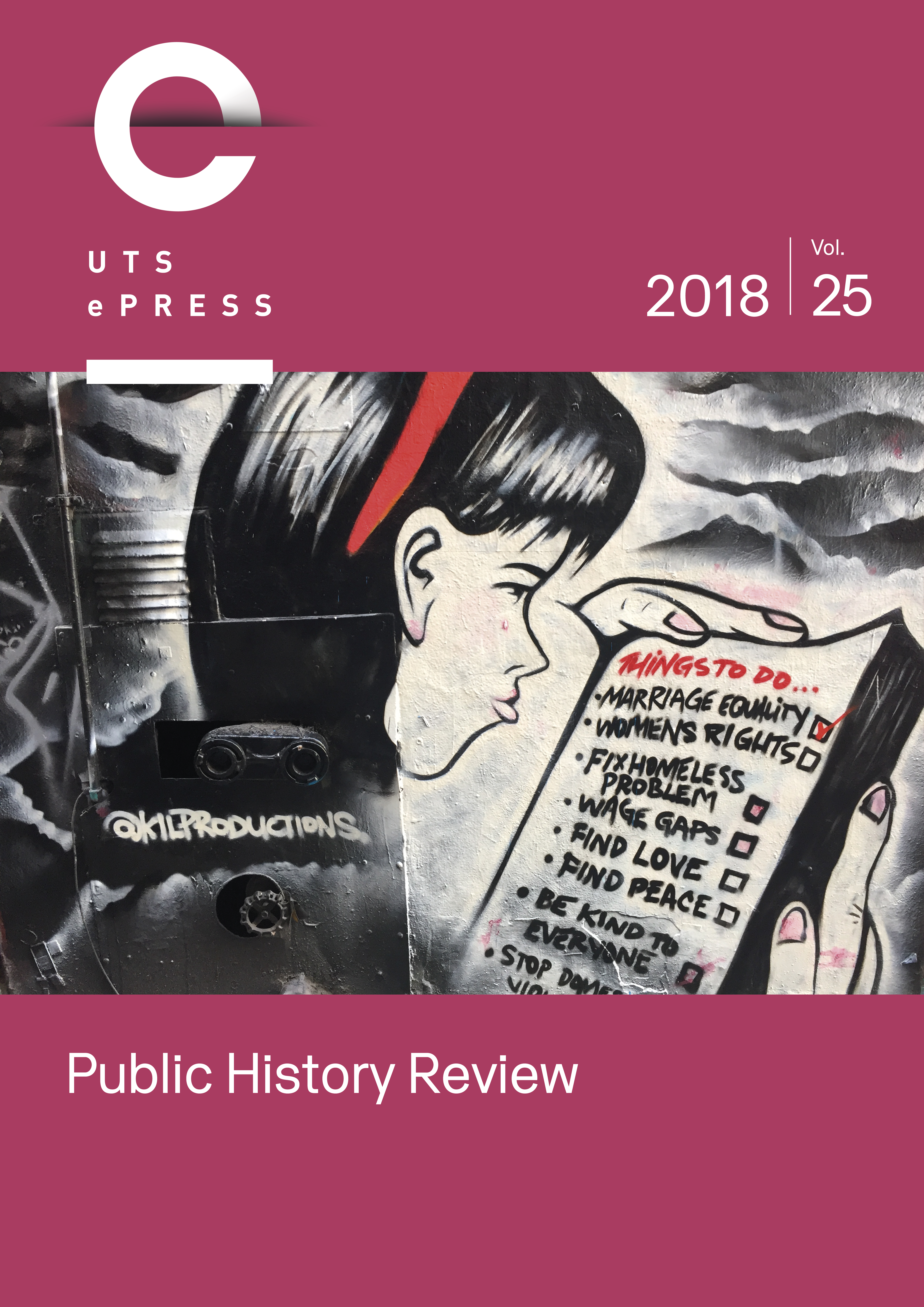Embodied Simulations of Pasts The Past as Present to WWII Reenactors and Living Historians
Main Article Content
Abstract
Building on theories from body phenomenology, new materialism and a theoretical concept of historical consciousness, this article argues that embodied simulations of pasts used in reenactment and living history in open-air museums make reenactors and living historians experience pasts as present and make the actors reflect on pasts. This is an argument for saying that historical consciousness has an embodied dimension that has not yet been explored in depth because most research about how ordinary people use pasts exposes how pasts on a reflexive level are present and usable to them. But what the research does not reveal, is how pasts are also physically present to people and that this process of materialization also has an effect on how people interpret, use and reflect on pasts. Two different kinds of reenactment done in Denmark are analysed and compared to build up the argument: World War II reenactors and volunteering living historians in different open-air museums communicating life and work in Denmark in the 19-20thcentury. Firstly, the material space they do their simulations of pasts in is analysed; Secondly, the things they use to simulate the pasts; Thirdly, their embodiments and their bodies’ movements, senses, habits and performances in their simulations of pasts. In conclusion, it is discussed how the reenactors and the living historians reflect on pasts in their embodied simulations of pasts.
KEYWORDS
Reenactment; Living History; World War II; Historical consciousness; Embodiment; Materiality
Article Details
Issue
Section
Authors who submit articles to this journal from 31st March 2014 for publication, agree to the following terms:
a) Authors retain copyright and grant the journal right of first publication with the work simultaneously licensed under a Creative Commons Attribution License that allows others to share and adapt the work with an acknowledgement of the work's authorship and initial publication in this journal.
b) Authors are able to enter into separate, additional contractual arrangements for the non-exclusive distribution of the journal's published version of the work (e.g., post it to an institutional repository or publish it in a book), with an acknowledgement of its initial publication in this journal.
c) Authors are permitted and encouraged to post their work online (e.g., in institutional repositories or on their website) prior to and during the submission process, as it can lead to productive exchanges, as well as earlier and greater citation of published work (See The Open Access Citation Advantage Service). Where authors include such a work in an institutional repository or on their website (ie. a copy of a work which has been published in a UTS ePRESS journal, or a pre-print or post-print version of that work), we request that they include a statement that acknowledges the UTS ePRESS publication including the name of the journal, the volume number and a web-link to the journal item.
d) Authors should be aware that the Creative Commons Attribution (CC-BY) License permits readers to share (copy and redistribute the work in any medium or format) and adapt (remix, transform, and build upon the work) for any purpose, even commercially, provided they also give appropriate credit to the work, provide a link to the license, and indicate if changes were made. They may do these things in any reasonable manner, but not in any way that suggests you or your publisher endorses their use.
For Vol 20 (2013) and before, the following copyright applied:
Authors submitting articles to UTSePress publications agree to assign a limited license to UTSePress if and when the manuscript is accepted for publication. This license allows UTSePress to publish a manuscript in a given issue. Articles published by UTSePress are protected by copyright which is retained by the authors who assert their moral rights. Authors control translation and reproduction rights to their works published by UTSePress. UTSePress publications are copyright and all rights are reserved worldwide. Downloads of specific portions of them are permitted for personal use only, not for commercial use or resale. Permissions to reprint or use any materials should be directed to UTSePress.
